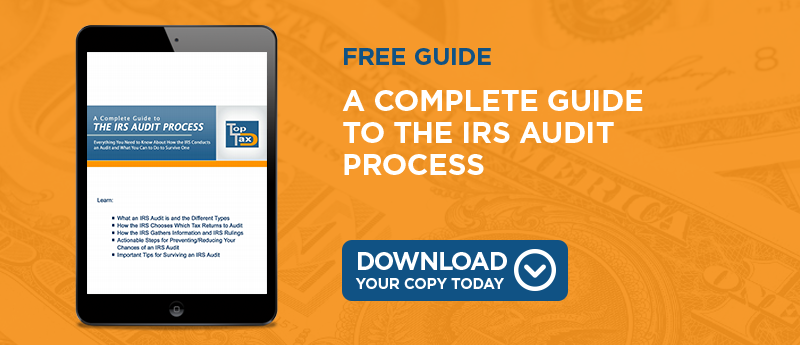
The IRS is obliged to collect every dollar that is owed to the government. It does this in part by auditing suspicious returns. Auditing used to be a slow process that took months or years to initiate and research. Now, however, it is faster because of robo-auditing. Before you file your next year's taxes, you should learn more about robo-auditing and what impact it can have on your returns and your online activities like shopping or posting on Facebook.
Instant Computer Scanning
The IRS now has the technology to scan a return immediately after it is electronically filed and received. Within moments of filing, a person's return can be electronically scanned for signs of missing information or fraud.
If anything is determined to be amiss, the computer system will flag that return for an audit. This system also reportedly heavily scrutinizes returns on which people have claimed the Earned Income Tax Credit, or EITC.
Online Activity Cross-Referencing
Along with scanning returns for missing or fraudulent information, robo-auditing also cross-references people's online activities with their tax information. The IRS now has the capability of looking at people's posts on Facebook, Twitter and other social media pages to determine if people are telling the truth about their income information.
Likewise, the IRS also has the capability of checking into people's emails, credit card statements, online shopping purchases and other virtual activities. These investigations are used to find cases of tax fraud and force people who try to hide income to pay what they actually owe.
While robo-auditing may be here to stay, people are still critical of it. In fact, it can have serious consequences for people who file legitimate returns. Some of the more common complaints about robo-auditing so far include:
- Delayed Tax Refunds: Many people, especially low-income filers, need their tax refunds to pay bills or buy essentials for their families. Robo-auditing can slow down a refund that is owed to a family.
- Unfair Auditing: Robo-auditing raises the risk that low and middle-income taxpayers will be audited rather than the wealthy. People who file legitimate returns are being audited more often now because of robo-auditing.
- Invasion of Privacy: Perhaps the biggest complaint thus far is the invasion of people's privacy. Many people believe that their online social profiles, email accounts, banking information and credit card transactions should be off limits to the IRS. They feel like their privacy has been compromised.
Overcoming Robo-Auditing
Because it is used to scan all electronically filed returns, people increasingly want to know how to bypass and overcome this technology. They can file taxes and avoid being targeted by robo-auditing by following these suggestions.
File a Paper Return
Because this computerized system scans electronic returns, people can bypass it by sending in paper tax returns. When they mail their taxes into the IRS, people avoid having their information scanned by the robo-auditing system. Instead, an actual person who works at the IRS must review the paperwork for signs of errors or fraud.
The process of mailing in paper returns may take longer. However, it is still a viable way of bypassing this technology.
Post with Caution
Tax evaders often get caught because they brag about their money, possessions, and lifestyle on social media and then file returns that only claim modest incomes. Even if you claim every dollar you make, you should still avoid boasting on Facebook or making false claims about how much money you have. In fact, people increasingly are avoiding robo-auditing by avoiding talking about their jobs, incomes, possessions and anything related to money at all on social media sites.
Be Honest
The best way to avoid an audit is to be honest and consistent with your information. If you have nothing to hide, an audit should not worry you. Being honest when you file taxes can help you overcome robo-auditing, regardless of how you file.
The IRS takes its duty of catching tax fraud seriously. You can avoid an audit and bypass robo-audit technology by understanding how it can impact your returns and online activities.




